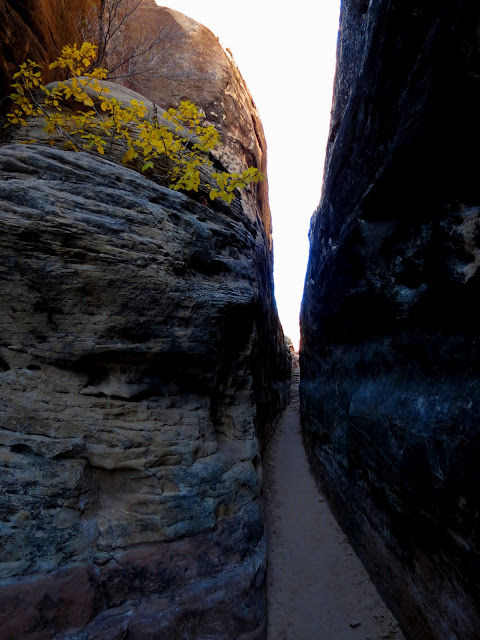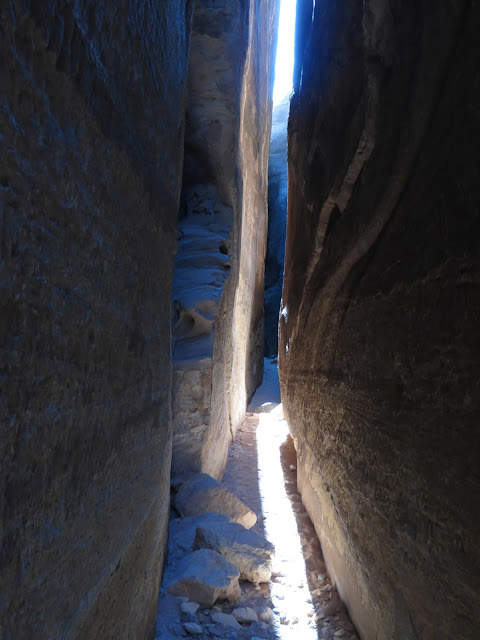The grace of New Year's Day is a renewed sense that the future is wide open; a feeling of spaciousness, of endless possibilities beckoning to us. However, the trials of life often make us feel just the opposite - tight, constricted, claustraphobic within our little egos, like ants confined to the societal anthill. How do we overcome the sense that everything is tightening around us like a noose we can't escape?
One way is to spend increased time outdoors. Depression is essentially stagnant energy that just sits within the body and mind and begins to feed on itself. But when we exercise in the Great Outdoors, we sense new possibilities beginning to open up. Hiking up a mountain is one way to do this. England's Earl of Dunraven, writing in the 19th century, experienced this kind of optimism while climbing Yellowstone's Mount Washburn. Accordingly, he wrote:
"It is pleasant thus to gaze upon the world from some lofty standpoint . . . It seems to expand the mind; it conducts one by easy pathways down long lands of thought penetrating far into the future . . . , and opens out broad vistas of contemplation through which glimpses of what may be can dimly be discerned. The outlook from such a commanding point elevates the mind, and the soul is elated by the immensity of Nature."
Human identity is essentially a mirrored identity; we only see ourselves as we truly are when reflected in an Other. Indeed, that is the point of the teaching on the Trinity. There, in God, each Person - "Father" and "Son" or "God" and "Sophia" or "Emptiness" and "Form" - finds itself mirrored afresh in the other, while the mirroring process itself - the "Holy Spirit" - maintains such an amazing surplus of reality that it too can be rightfully considered a Person.
Where can we as human beings find this sort of mirroring? Other people can often awaken this sort of mirroring, but they cannot sustain it, for each has their own agenda. However, the reality of transpersonal divinity - present within such things as art, music, and spiritual insight - can indeed serve as such a mirror.
But it is Nature who is the perfect mirror for our truest self, ever available to offer us her unsurpassed reflective capacities in a million different forms!
Photo: Looking forward to the appearance of Pasqueflowers - the first major blooms of Spring - as they pop up through the brown grasses, beginning in late March.
Greyrock Meadow, with Greyrock Mountain looming in the background, Roosevelt National Forest, CO, April 11, 2011































